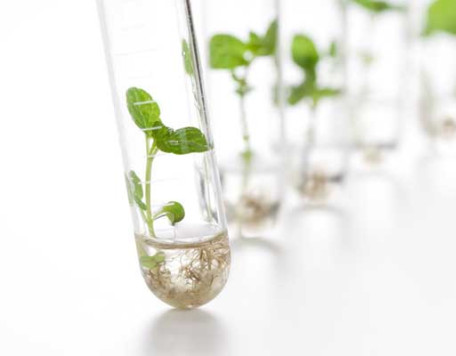© Pint of Science, 2025. All rights reserved.
Chemistry improves the lives of millions, creating items such as metal alloys, medicines and smartphone components. Within the past few decades the world has begun to realise the cost of such progress – environmental pollution, climate change and occupational diseases... Discover how waste materials are converted to useful polymers, how chemistry on a nanoscale can provide solutions to a petrochemical-based economy, how light can power production and watch an exciting display of light-driven chemistry. Apologies, this venue can't admit under 18's.
Clean and green polymers
Steve Howdle
(Head of the School of Chemistry)
Steve Howdle is a Professor of Chemistry at the University of Nottingham. He and his research group are excited about making new polymers from renewable resources and waste rather than from oil and to do this they use green chemistry. He has been a scientist at Nottingham since 1986, winning several awards across the UK and Europe (e.g. The Royal Society of Chemistry Corday-Morgan Medal and the DECHEMA Award and Medal of the Max Buchner Research Foundation). Steve is also a singer in a rock band (@ramshackle_men) and plays football in the East Midlands Veteran League (Beeston Old Boys FC).
Chemistry - Keeping it Light
Dr. Graham Newton
(Assistant Professor)
Visible light and its interaction with molecules is used throughout chemistry. It can be applied to tackle societal challenges such as powering transportation and driving reactions that consume waste products and pollutants. Likewise, it can be employed on the nanoscale to ‘flip’ molecular switches and facilitate the next generation of data storage devices. This talk will look at how photoactive molecular systems can be designed to open new avenues in chemistry. Graham Newton has spent his career between the UK and Japan, working on the synthesis and application of metal cluster molecules.
Photochemistry : Using Light for Chemical Reactions
Dr. Charlotte Clark
(Research Fellow)
Charlotte Clark is a research associate in Chemistry at the University of Nottingham working in the research groups of Professor Mike George and Professor Sir Martyn Poliakoff. Her current project involves using light, rather than heat to drive chemical reactions and designing new reactors for this purpose.
Map data © OpenStreetMap contributors.
Other Bunker's Hill events
2025-05-21
Love (and CO₂) is in the Air – Emissions and Photosynthetic Bacteria
Bunker's Hill
36-38 Hockley, Nottingham, NG1 1FP, United Kingdom



